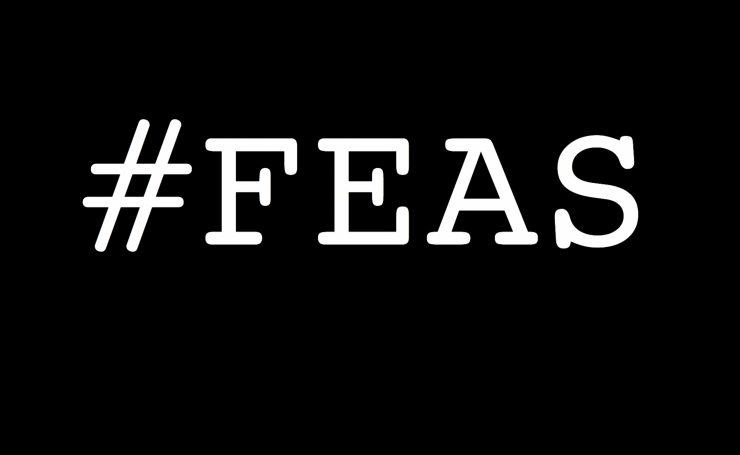Feminist Educators Against Sexism (#FEAS) are an Australian-based, international feminist collective committed to developing interventions into sexism in the academy and other educational spaces. One of their interventions is Cite Club, an e-mail group where #FEAS send their works to one another and cite one another where possible. As part of our ongoing collaboration with #FEAS, each month GEA profiles a Cite Club publication on this blog. September’s Cite Club featured a Special Issues of the journal Educational Philosophy and Theory edited by Helena Pedersen and Barbara Pini.
Educational epistemologies and methods in a more-than-human world
Pedersen, H. and Pini, B. (Eds). (2017) Educational epistemologies and methods in a more-than-human world [Special Issue]. Educational Philosophy and Theory, 49:11, pp. 1051 – 1124.
Despite increasing calls amongst educational researchers to disrupt the privileging of the human in knowledge-making, many of us feel a strong sense of ‘cognitive dispossession’ (Braidotti 2017) when trying to let go of familiar ‘humanist’ concepts, thoughts and ontologies. Pederson and Pini (2017, p. 1051) note that these humanist approaches often ‘carry the epistemological promise that the world is accessible for us as researchers and possible to understand and conceptualize as a source of endless scientific knowledge production and accumulation’. When seeking to rid ourselves of humanisms epistemic orthodoxies, searching instead for ‘new’ post-humanist and post-anthropocentric paradigms, we can reproduce the same ‘illusions of control over our research process’ and reinforce the ‘machinery of thought-production’ (Pederson and Pini, 2017, p. 1051).
Collectively this Special Issue urges us to ‘push against “the given” in educational research in diverse and unsettling ways’ (Pederson and Pini 2017, p. 1053). The place of method and methodology is questioned. We are invited to revolt against the ‘belief that the method one chooses to guide research determines its truth, its legitimacy, its validity, and its trustworthiness’ and encouraged instead to play with methods that are ‘emergent with the research’ (Snaza and Weaver 2017, pp. 1056 – 63) or begin with ‘concept as method’ (St. Pierre 2017, p. p. 1087).
Analysis is also unsettled. Gough and Gough draw on their collaborative biographical writing to explore ‘what it means to perform diffractive interpretations and analyses in posthumanist educational inquiry’ (2017, p. 1112). Mazzei and Youngblood-Jackson offer a different consideration of voice in their qualitative interview data: attributing it to a complex assemblage of human and nonhuman agents and challenging normalizing assumptions about ‘voice as simply spoken words emanating from a conscious subject’ (2017, p. 1090).
Cracking and rupturing conventional analyses of the over-coded world of young sexualities, Renold and Ringrose (2017) illuminate the complex ambiguities of phallocentric power relations operating in teen girls and boys digitally-mediated peer cultures. Their dynamic accounting draws on posthuman feminist theory to acknowledge yet deterritorialize the binary machines that hold in place ‘dichotomous offline-online social worlds, risky “victims” and abusive “perpetrators”, and heteronormative gender bifurcations which tether masculinity to boy bodies and femininity to girl bodies’ (Renold and Ringrose 2017, pp. 1075 – 76).
Whilst Renold and Ringrose emphasize radical uncertainty and the power of the not-yet as a means of rupturing dominant codes, Wallin’s paper views the uncertainty of planetary futures as a ‘painful reminder of the limits, contingency, and impermanence of our human existence’ (Pederson and Pini 2017, p. 1053). He argues that educational pessimism, resonating with the current climatological crises, may offer a new disposition from which to ‘reassess the ideals of progress and optimism that continue to regulate pedagogical expression’ within the ‘ambit of affective capitalism’ (Wallis 2017, p. 1108). By pushing questions of educational research into such ‘insecure territories’ this Special Issue addresses a range of complex issues and spotlights some of the shifts catalyzed by thinking ‘beyond the fantasy of human control’ (Pederson and Pini 2017, p. 1051).


